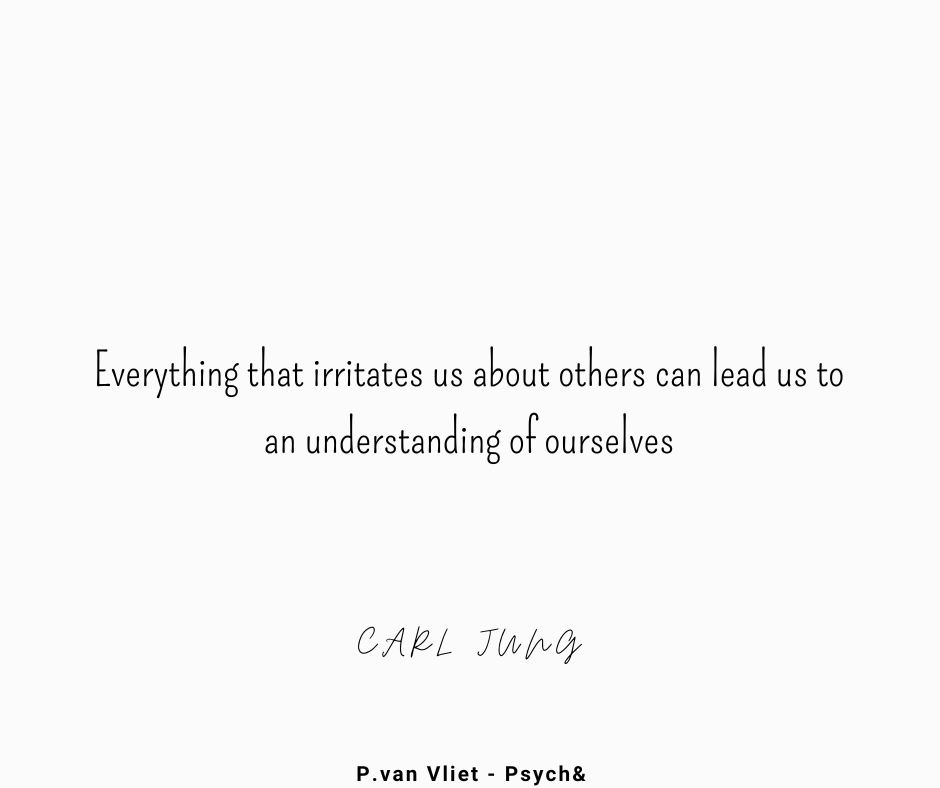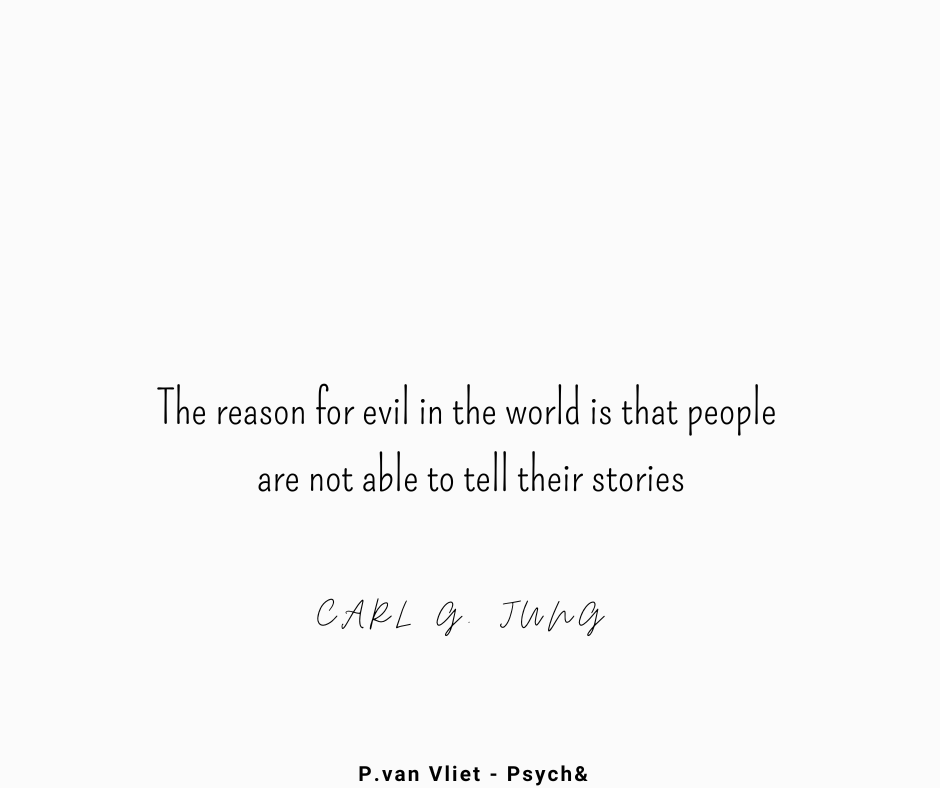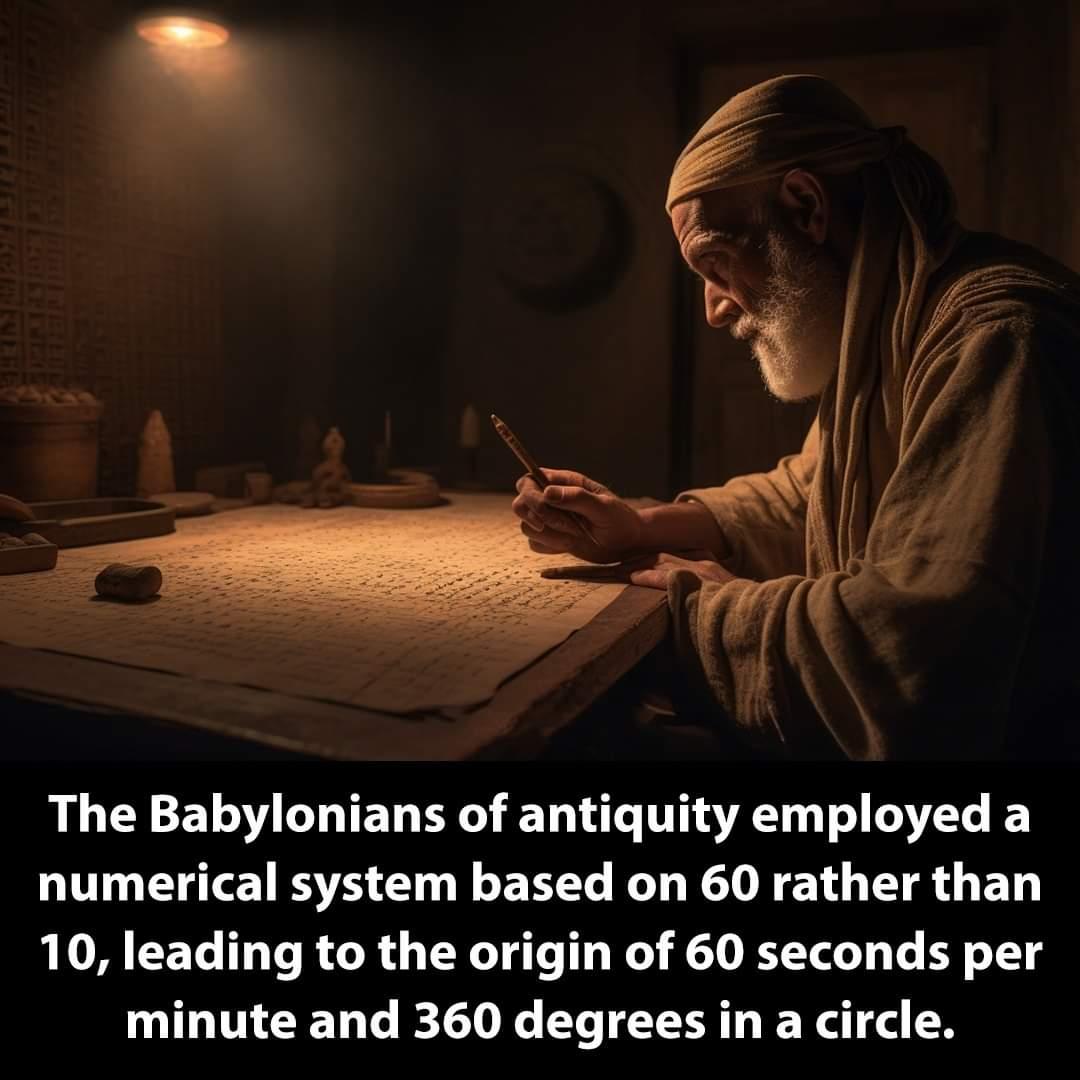NL (English below): Het gebeurt zo vaak…
Irritaties, soms zelfs onbewust gevormd.
En vele hebben geen idee, dat dit niets over de ander zegt
De eerste stap is hiervan bewust worden.
Bewust van het feit dat zo’n irritatie meer zegt over onszelf, dan over de ander.
Dat ze als een spiegel zijn en waardevol is omdat het ons iets leert, en ons een beter begrip van onszelf geeft.
Dus bij de volgende keer als jij je aan iets of iemand irriteert, denk dat aan deze wijze woorden van (o.a.) Jung en vraag aan jezelf: wat zegt dit (over) mij?
—
English: It happens so often...
Irritations, sometimes even formed unconsciously.
And many have no idea, that this says nothing about the other person.
The first step is to become aware of this.
Aware that such irritations say more about ourselves, than about the other person. That they are like a mirror and even valuable because it teaches us something, and gives us a better understanding of ourselves.
So the next time you are irritated by something or someone, remember these wise words of (among others) Jung and ask yourself: what does this say (about) me?
#pattyspsyche #psyche #psychologie #filosofie #wijsheid #quote #carlgustavjung #irritatiefactortje #self #understanding #motivatie #spiegel #bewustzijnsontwikkeling #consciousnesscreatesreality #consciousness #bewustzijn
Irritaties, soms zelfs onbewust gevormd.
En vele hebben geen idee, dat dit niets over de ander zegt
De eerste stap is hiervan bewust worden.
Bewust van het feit dat zo’n irritatie meer zegt over onszelf, dan over de ander.
Dat ze als een spiegel zijn en waardevol is omdat het ons iets leert, en ons een beter begrip van onszelf geeft.
Dus bij de volgende keer als jij je aan iets of iemand irriteert, denk dat aan deze wijze woorden van (o.a.) Jung en vraag aan jezelf: wat zegt dit (over) mij?
—
English: It happens so often...
Irritations, sometimes even formed unconsciously.
And many have no idea, that this says nothing about the other person.
The first step is to become aware of this.
Aware that such irritations say more about ourselves, than about the other person. That they are like a mirror and even valuable because it teaches us something, and gives us a better understanding of ourselves.
So the next time you are irritated by something or someone, remember these wise words of (among others) Jung and ask yourself: what does this say (about) me?
#pattyspsyche #psyche #psychologie #filosofie #wijsheid #quote #carlgustavjung #irritatiefactortje #self #understanding #motivatie #spiegel #bewustzijnsontwikkeling #consciousnesscreatesreality #consciousness #bewustzijn
NL (English below): Het gebeurt zo vaak…
Irritaties, soms zelfs onbewust gevormd.
En vele hebben geen idee, dat dit niets over de ander zegt
De eerste stap is hiervan bewust worden.
Bewust van het feit dat zo’n irritatie meer zegt over onszelf, dan over de ander.
Dat ze als een spiegel zijn en waardevol is omdat het ons iets leert, en ons een beter begrip van onszelf geeft.
Dus bij de volgende keer als jij je aan iets of iemand irriteert, denk dat aan deze wijze woorden van (o.a.) Jung en vraag aan jezelf: wat zegt dit (over) mij?
—
English: It happens so often...
Irritations, sometimes even formed unconsciously.
And many have no idea, that this says nothing about the other person.
The first step is to become aware of this.
Aware that such irritations say more about ourselves, than about the other person. That they are like a mirror and even valuable because it teaches us something, and gives us a better understanding of ourselves.
So the next time you are irritated by something or someone, remember these wise words of (among others) Jung and ask yourself: what does this say (about) me?
#pattyspsyche #psyche #psychologie #filosofie #wijsheid #quote #carlgustavjung #irritatiefactortje #self #understanding #motivatie #spiegel #bewustzijnsontwikkeling #consciousnesscreatesreality #consciousness #bewustzijn









